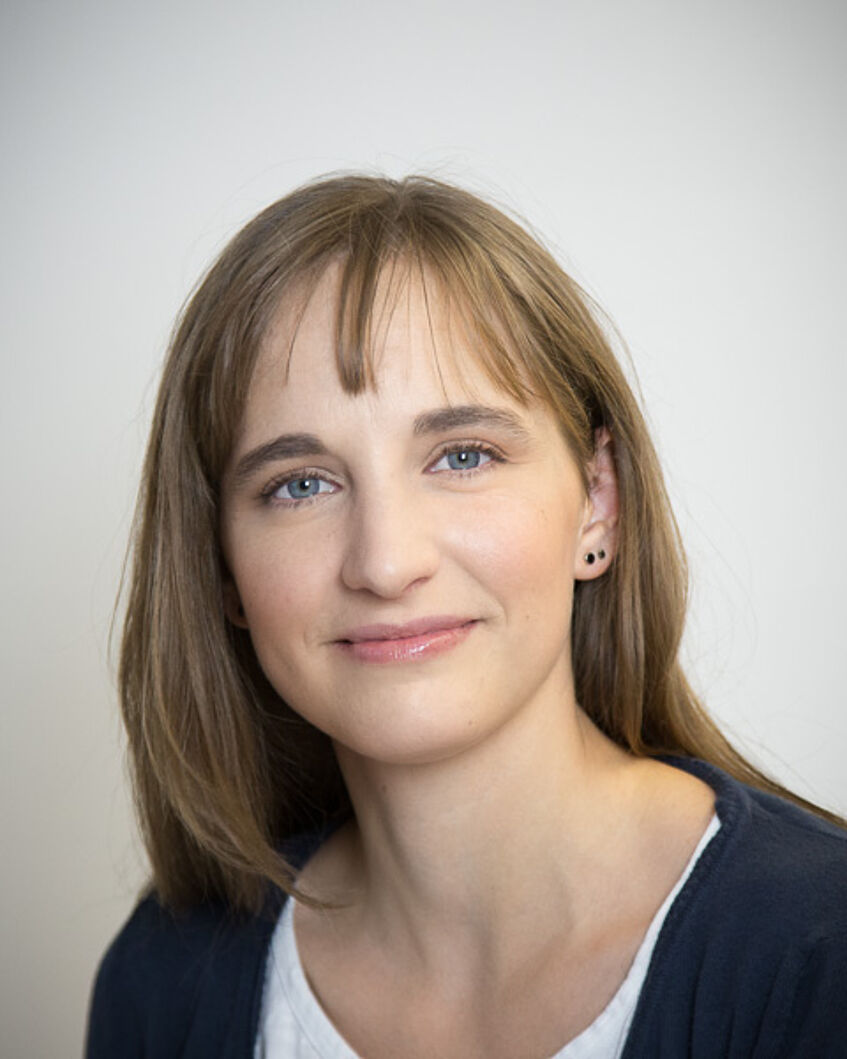Dr. Lisa Horn
Child Field Lab leader
Funded by: Elise Richter grant from the FWF
Email: lisa.horn@univie.ac.at
I am interested in social cognition in humans and non-human animals, particularly in the mechanisms of prosocial behavior, social bonding, and behavior coordination. I studied Zoology at the University of Vienna and Psychology at the University of Western Australia in Perth. During my PhD project, which I carried out at the University of Vienna and the Eötvös Loránd University in Budapest, I investigated the link between the dog-human relationship and socio-cognitive abilities in dogs. After finishing my PhD in 2012, I worked at the Hungarian Academy of Sciences, investigating social attention to caregivers and unfamiliar people in pet dogs and 2-year-old children, and at the University of Vienna, investigating the evolution of prosociality by comparing the frequency of and motivations for prosocial behavior in human children and several corvid species.
Since 2017, I am investigating children’s behavior ‘in the field’, by visiting daycare facilities and schools and studying children’s behavior under naturalistic conditions. Specifically, I am interested in individual variation in prosocial tendencies depending on children’s position in their social network and on in the identity of their interaction partners. Further, I am investigating movement coordination in children and adults, specifically the prerequisites for movement synchrony and its interconnection with social bonding.
Recent grants and awards:
- ‘Development of innovative methods for measuring and promoting social and emotional competencies in early and middle childhood’, Bilateral research grant from the Stiftung Aktion Österreich-Ungarn (2022)
- ‘Do social relationships affect preschoolers´ prosociality?’, Elise Richter grant from the Austrian Science Fund (2021)
- ‘Comparative approach to cooperation and other-regarding social behaviour’, Marie Jahoda grant from the University of Vienna (2020)
- ‘Social interactions in groups of kindergarten children – cooperation and competition’, Research grant from the Vienna Biocenter Core Facilities (2018)
- ‘The biology of synchronous behavior’, Emerging Fields award from the Faculty of Life Sciences, University of Vienna (together with Dan Bowling; 2014)
Selected publications:
- Horn L, Cimarelli G, Boucherie PH, Šlipogor V, Bugnyar T (2022) Beyond the dichotomy between field and lab—the importance of studying cognition in context. Current Opinion in Behavioral Sciences 46: 101172.
- Scheer C, Horn L, Jansen P (2021) Moving in Synchrony with an Avatar - Presenting a Novel and Unbiased Body Sway Synchronization Paradigm. Current Psychology 2021:1-7.
- Horn L, Bugnyar T, Griesser M, Hengl M, Izawa E, Oortwijn T, Rössler C, Scheer C, Schiestl M, Suyama M, Taylor AH, Vanhooland L-C, von Bayern AMP, Zürcher Y, Massen JJM (2020) Sex-specific effects of cooperative breeding and colonial nesting on prosociality in corvids. eLife 9:e58139.
- Horn L, Hungerlaender NA, Windhager S, Bugnyar T, Massen JJM (2018) Social status and prenatal testosterone exposure assessed via second-to-fourth digit ratio affect 6–9-year-old children’s prosocial choices. Scientific Reports 8: 9198.

